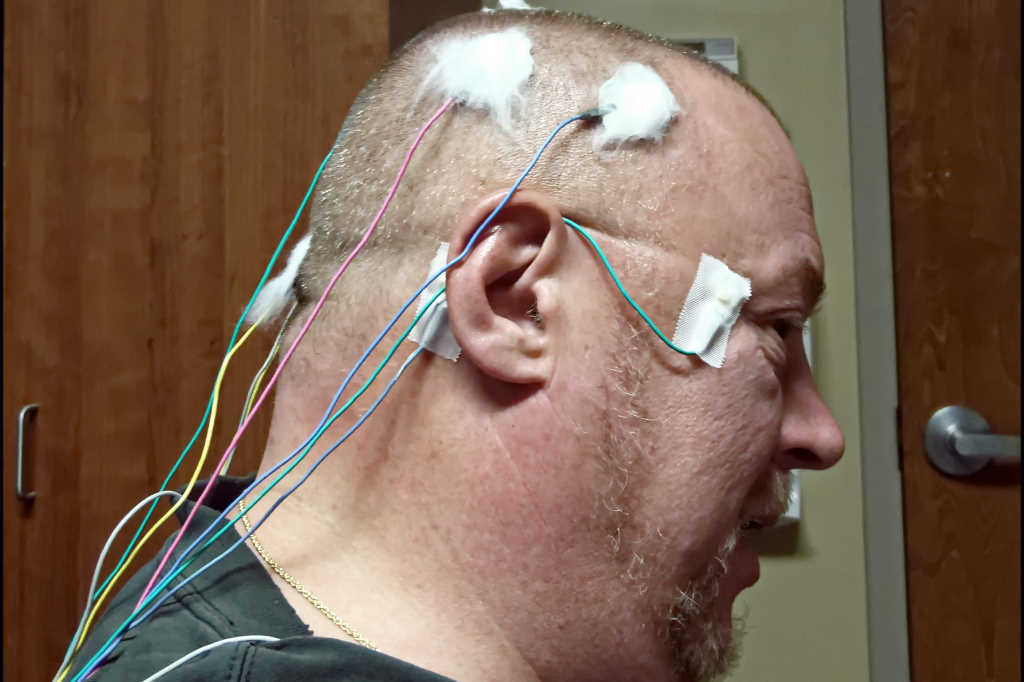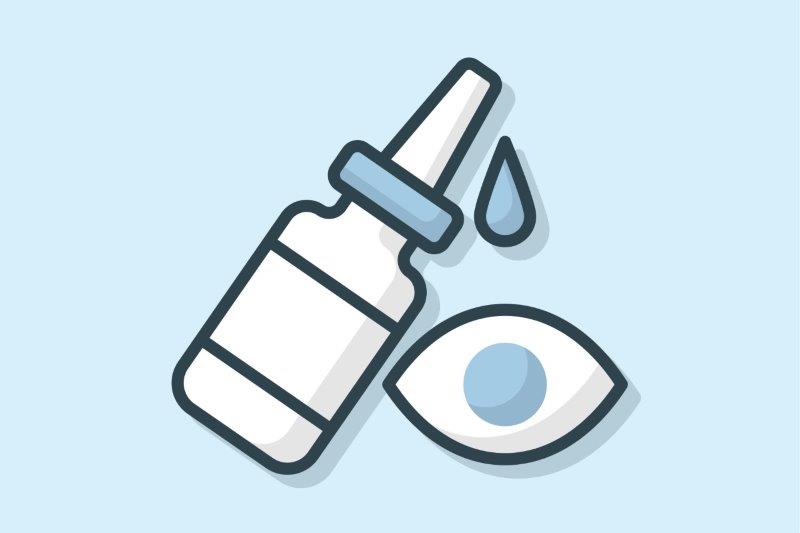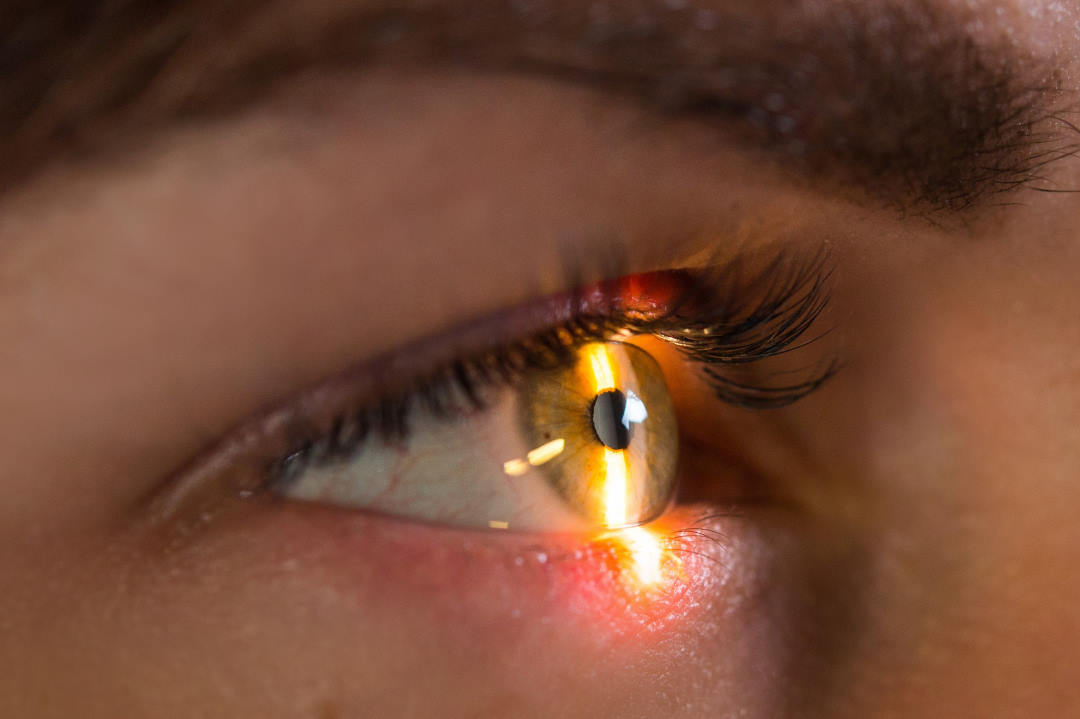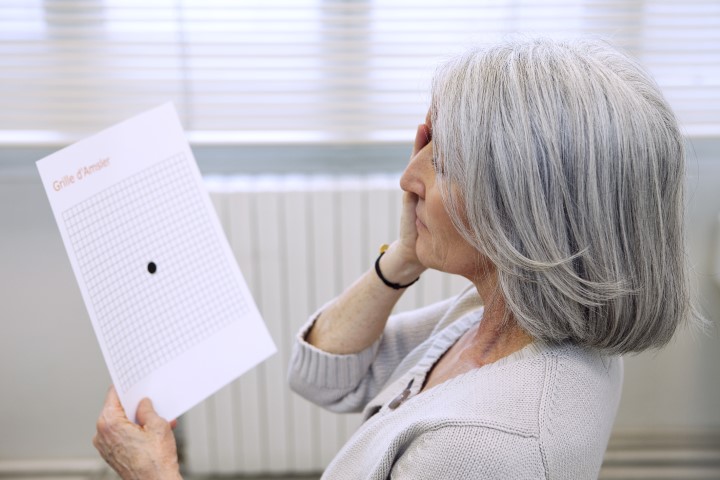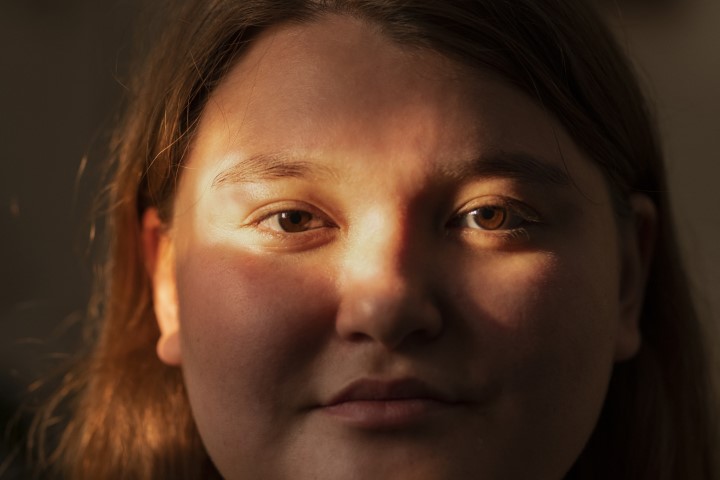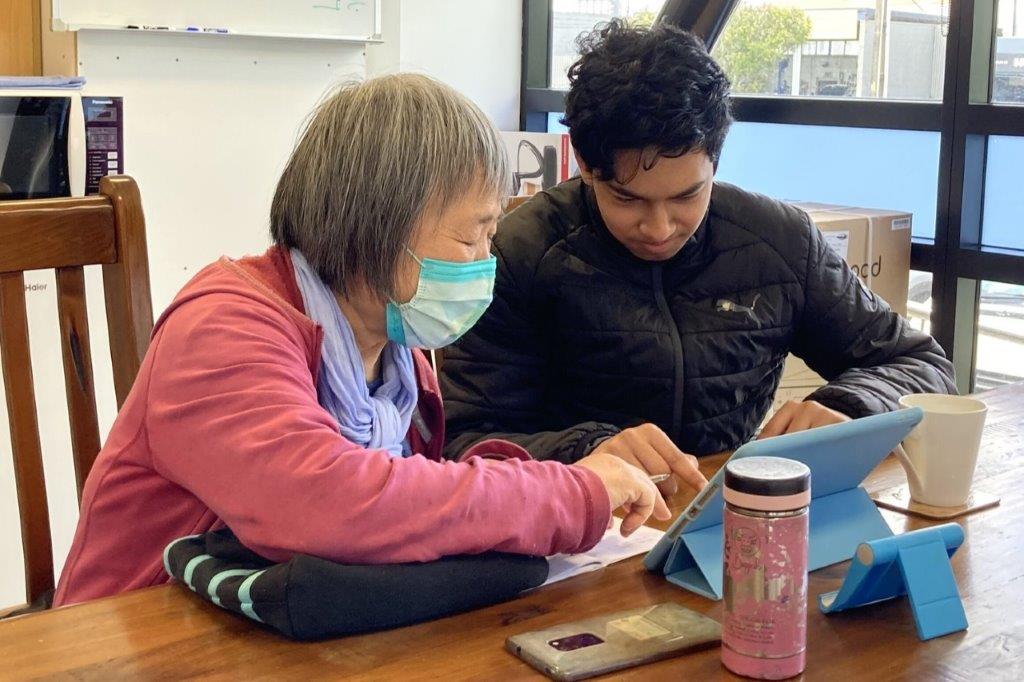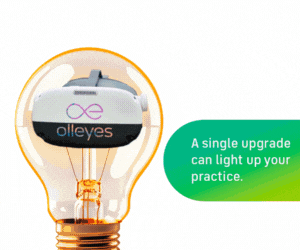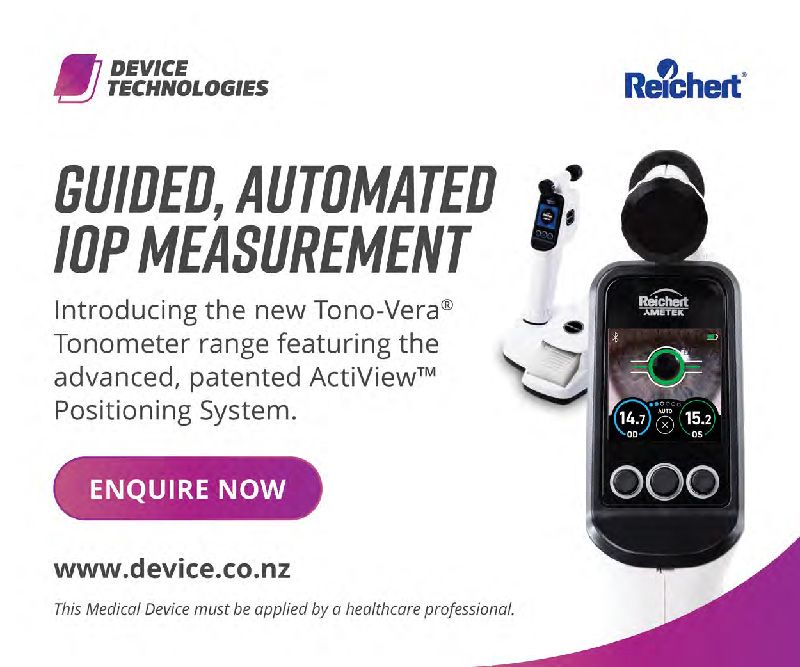Electrical stimulation reduces CBS hallucinations
Using scalp electrodes to electrically stimulate the visual cortex, UK researchers said they reduced the frequency of visual hallucinations (VH) in Charles Bonnet syndrome (CBS) patients.
The study team from Newcastle University and King’s College London said CBS is a consequence of deafferentation – the loss of sensory input from the eyes resulting in spontaneous, compensatory hyperexcitability of the visual cortex that results in VH – but existing drugs to treat it are often associated with significant side effects. They recruited 16 CBS patients to investigate the therapeutic benefit of repeated sessions of inhibitory (decreasing cortical excitability) cathodal non-invasive transcranial direct current stimulation (tDCS) of the visual cortex, compared with placebo. Most participants reported VH occurring multiple times a day at enrolment. Following four consecutive days of tDCS, patients reported VH just once or twice a day, or every few days. This effect is consistent with similar studies on patients with schizophrenia and major depression, said researchers, noting only mild, transient side effects were reported.
Published in Ophthalmology, the study did not address the longevity of the treatment’s benefits, which researchers said were likely short-lived, returning to baseline values during the four-week washout period.
For more, see here.








